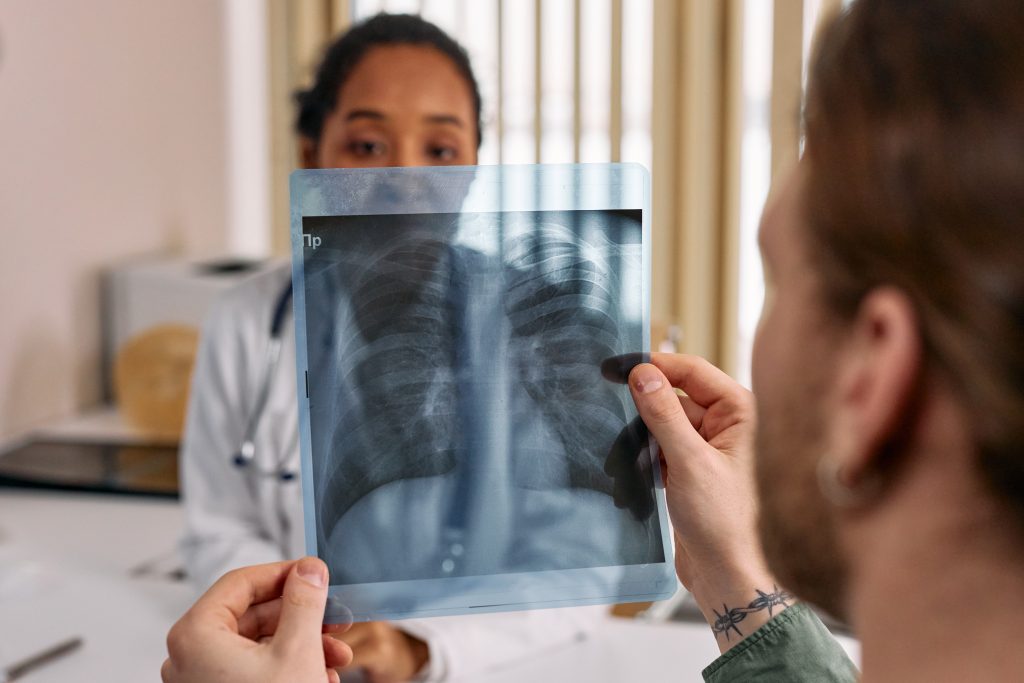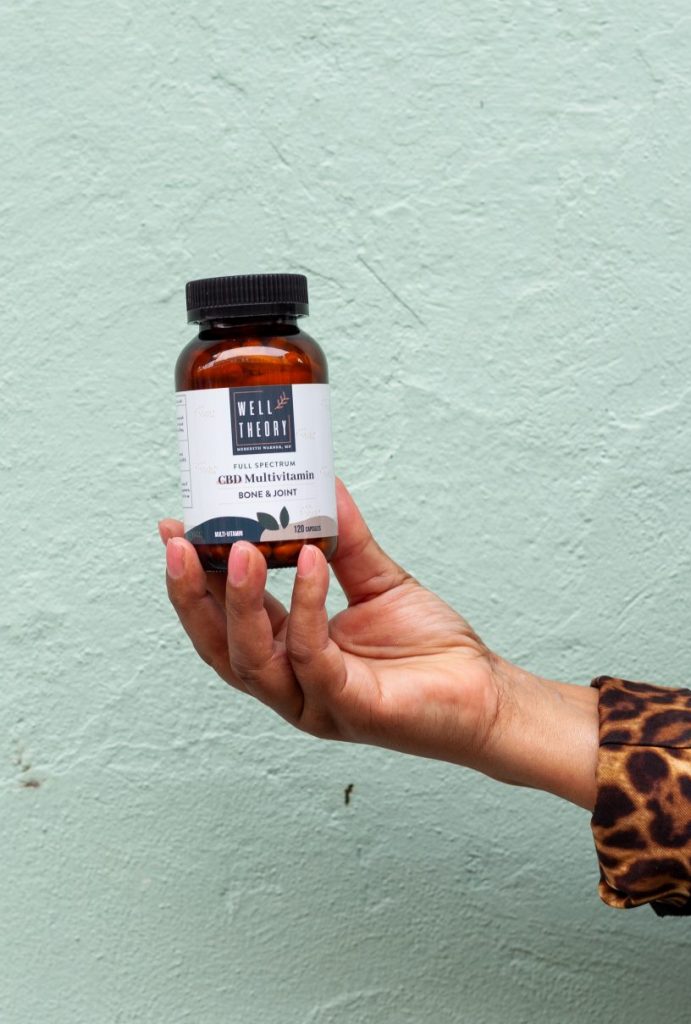How To Prepare For Surgery

Do you have a surgery scheduled, but you’re not sure how to prepare?
We understand the time leading up to surgery can be stressful, so we have a few tips that can help you overcome the mental and physical stress that comes with surgery.

Preparing Mentally For Surgery
If you’re preparing for surgery, you’ve likely (or hopefully) exhausted every other treatment options available. You may feel self doubt, uncertain about the future and on top of all this, you’re likely experiencing pain.
Preparing mentally and emotionally for surgery can look different for everyone. One of the best ways to overcome anxiety related to any procedure is by asking questions and going over the procedure with your medical team.
You can also do some research on your own. This allows you to better prepare any questions you may have. You should always feel empowered and comfortable enough to voice your concerns with your physician.
We’d also suggest finding a calming strategy that works best for you. Here are some examples of relaxation techniques you can do on your own:
- Breathing exercises
- Guided meditation
- Positive thinking and mindfulness
- Deep, restorative sleep
Stress relief is a big aspect of preparing for surgery.

Preparing Physically For Surgery
Physically preparing for surgery is just as important as mental preparation.
Before surgery, you’ll want to pay particular attention to what you’re eating. This is the fuel your body needs to get through surgery in good shape.
Your diet should focus on nutrient dense foods that provide plenty of vitamins and minerals. If you’re not sure where to start, you can always look at the Mediterranean Diet for guidance. This isn’t so much a diet as it is a way of eating and a lifestyle of health.
The Mediterranean Diet focuses on whole foods like fruits, vegetables, nuts, legumes, healthy fats, fish and seafood. This deters you from eating inflammatory, processed foods that are high in sugar and unhealthy fats.
Interestingly, there is research that demonstrates a fast prior to surgery improves outcomes. Although the research is compelling, most physicians still will not recommend this. Fasting induces ‘stress response’ systems in the body and these enhance healing capacities. If you are interested in this, speak with your surgeon.
Taking a multivitamin, like Dr. Warner’s Daily Multivitamin with PEA, can reduce inflammation and help fortify your foundational health, potentially reducing your recovery time! PEA is a natural molecule that reduces inflammation at peripheral nerve endings.
Reducing your inflammation levels prior to surgery can allow for a smoother transition post operation.
Building up your immune system helps as well. Get plenty of sleep and consider taking vitamin D3, zinc, Vitamin C and herbs such as elderberry, garlic, pine bark and schisandra can help as well. Consider Dr. Warner’s Connective Tissue Multi and/or the Daily Immune Support. She designed these formulations with her surgical patients’ healing journeys in mind!
Inflammation can also be reduced through exercise. Even low-impact exercises like walking or swimming can prepare your body physically, so you can recover faster.
Smoking or drinking leading up to surgery can also pose risks, potentially affecting the anesthesia. Smoking can also impact your ability to breathe.
If you are having surgery that will reduce your mobility there are more tricks. Remove all loose area rugs and position furniture to allow for crutches, walkers or knee rollers. Make sure you have all the medical equipment needed for your house prior to surgery if possible. This includes shower seats, raised toilet seats and/or bedside commodes, mobility aids like rolling walkers or knee roll-walkers and any ramps or bars that are needed for safety. Sometimes, if a physical therapist evaluates the home prior to surgery a full assessment can happen and all of the proper equipment can be ordered.
If you’re considering surgery, we always recommend seeking as much information as possible, as well as a second opinion. Schedule a consultation today to see if you’ve exhausted all possible treatment methods before surgery.






